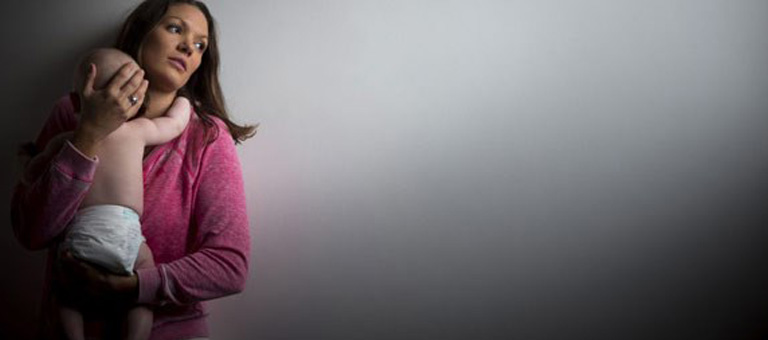
Postpartum depression (PPD) is a common mental health condition that affects up to 1 in 7 women after giving birth. It is characterized by feelings of sadness, anxiety, fatigue, irritability, and difficulty bonding with the baby. PPD can have a significant impact on a woman's physical and emotional health, as well as her relationship with her baby and family.
Symptoms of PPD
The symptoms of PPD can vary from woman to woman, but some common symptoms include:
- Feelings of sadness, hopelessness, or worthlessness
- Increased anxiety or irritability
- Difficulty sleeping or sleeping too much
- Loss of interest in activities that were once enjoyable
- Changes in appetite, such as overeating or undereating
- Trouble concentrating or making decisions
- Feelings of guilt or shame
- Thoughts of harming yourself or your baby
Causes of PPD
The exact cause of PPD is not fully understood, but it is thought to be caused by a combination of factors, including:
- Hormonal changes
- Physical changes
- Stress
- Personal or family history of mental illness
Treatment for PPD
The treatment for PPD depends on the severity of the symptoms. In mild cases, treatment may include therapy, support groups, or lifestyle changes. In more severe cases, medication may be necessary.
Therapy
Therapy can help women with PPD to understand their feelings and develop coping mechanisms. Therapy can also help women to improve their relationships with their babies and families.
Support groups
Support groups can provide women with a safe place to share their experiences and connect with other women who are going through the same thing.
Lifestyle changes
Lifestyle changes that can help women with PPD include:
- Getting enough sleep
- Eating a healthy diet
- Exercising regularly
- Asking for help from family and friends
Medication
Medication can be an effective treatment for PPD. Antidepressants are the most common type of medication used to treat PPD.
Role of the partner
Partners can play a supportive role in helping women with PPD. Partners can do things like:
- Listen to their partner's feelings
- Offer practical help with tasks around the house
- Take care of the baby so the woman can have some time for herself
- Encourage the woman to seek professional help if needed
Conclusion
PPD is a serious condition, but it is treatable. If you are experiencing symptoms of PPD, it is important to seek help from a healthcare professional. With the right treatment, you can recover from PPD and enjoy a healthy and happy life with your baby.
Here are some additional tips for preventing and managing PPD:
- Talk to your doctor about your risk of PPD.
- Ask for help from family and friends.
- Take care of yourself physically and emotionally.
- Seek professional help if you need it.
